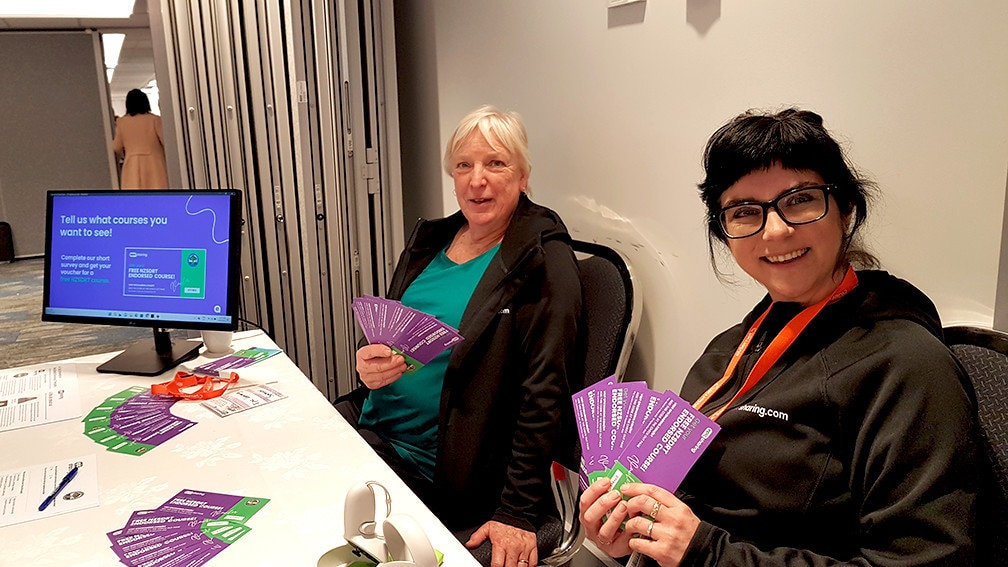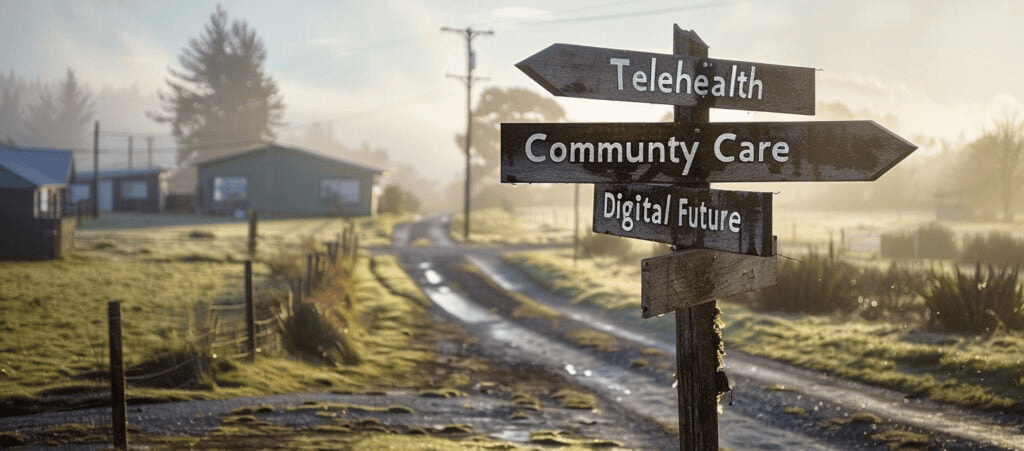Embracing change and online education

I recently had the privilege of attending the NZSDRT Annual Conference in Wellington. Despite having a 25-year career as a Diversional Therapist, this time I was at the event to represent Epic Sharing and promote the online courses we have been developing for NZ Diversional and Recreational Therapists.
Engaging with others from a new angle and sharing information about the educational resources we’ve developed reinforced the idea that learning and adaptation are essential at any stage of one’s career, regardless of how many years of experience one may have in any field.
While I am a passionate online learner, seeing how comfortable others were with the concept was interesting. Three of the five people who filled out our questionnaire had yet to do any online learning that counted towards their NZSDRT registration, but each stated that they liked online courses.

So, what has been holding people back from online learning? Most people I spoke to said they didn’t have time, others said there was nothing suitable available.
These responses sparked valuable discussions about the need for more flexible and tailored online courses for the diversional therapy community. It became evident that addressing the time constraints and offering a range of relevant courses could be a game changer in encouraging more professionals to embrace online learning.
Throughout the conference, I also realised how important it is to reach out and inform individuals about the online courses we can provide. It’s not just about promoting Epic Sharing but also fostering a broader understanding of how online education can enhance professional development, even for those with vast experience.

Final thoughts
Attending the NZSDRT Annual Conference allowed me to see what is happening around the country in the world of Diversional and Recreation Therapy and provided a networking platform. I made new connections with others who share a common passion for enhancing the quality of life for our clients. These connections underscored the importance of a supportive community in our profession, where we can share ideas and experiences.






Responses